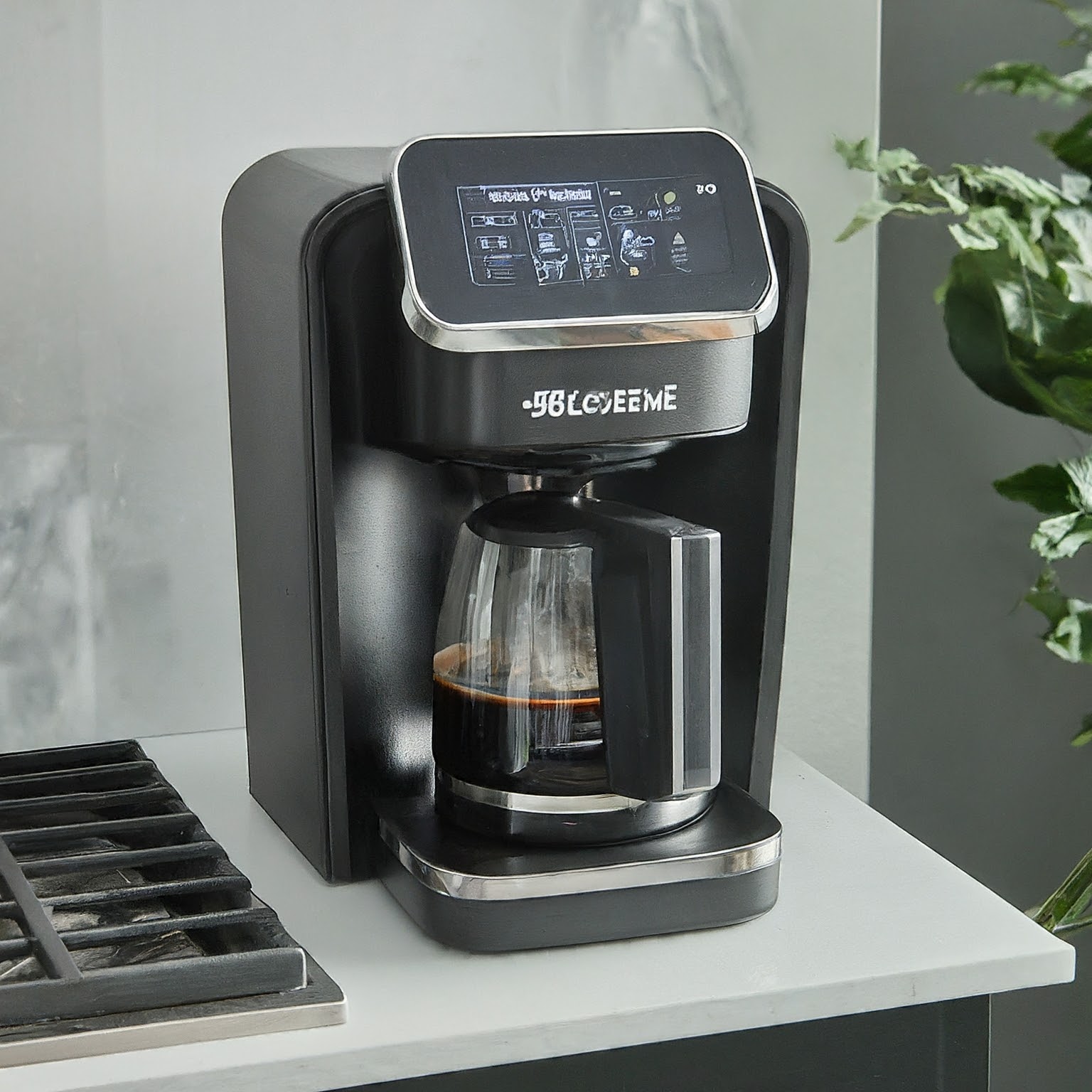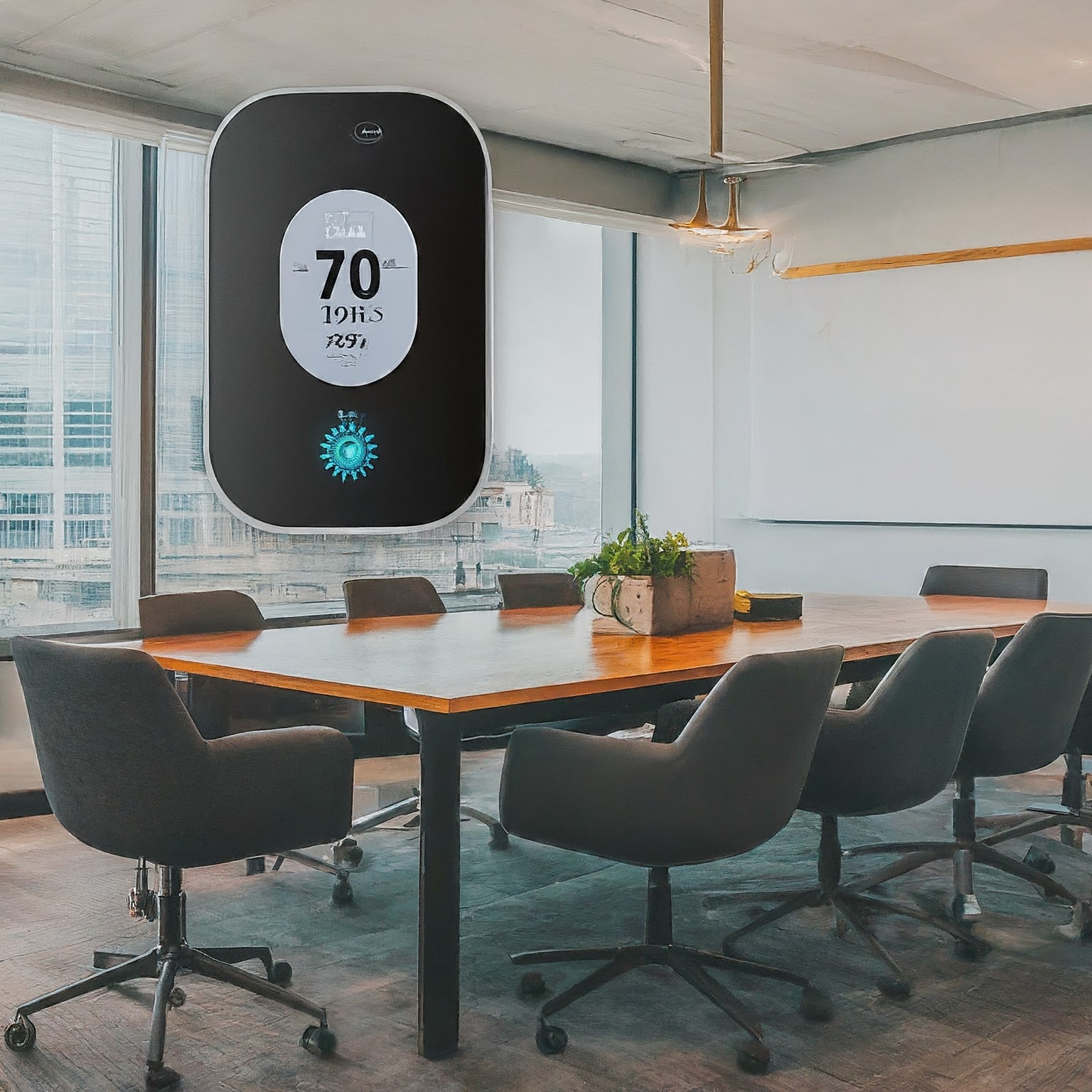Introduction
Hi there! I’m Sarah, a business consultant with a passion for innovation. I’ve helped countless businesses streamline operations and boost productivity. Lately, I’ve been fascinated by the potential of smart home technology to enhance not just our personal lives, but also our professional endeavors. Today, I’m here to share my insights on how business owners and managers can leverage smart homes to become smarter businesses!
Unlocking Efficiency
Imagine a business where lights automatically adjust based on occupancy, and thermostats adapt to maintain a comfortable yet energy-saving temperature. Smart lighting and thermostats can do just that, significantly reducing utility bills. A study by the Department of Energy found that smart thermostats alone can lead to energy savings of up to 30%.

Cost-Cutting Champions:
Traditional security systems often require constant monitoring or physical checks. Smart security systems, equipped with motion sensors and remote cameras, deter crime and provide peace of mind. Imagine being able to remotely grant access to a trusted repair person while you’re away, eliminating the need for unnecessary security checks.
Enhanced Security
Business owners often juggle multiple locations. Smart homes empower remote access and monitoring. Imagine being able to check on your storefront’s security cameras or ensure proper equipment function at a remote storage facility – all from your smartphone. This allows you to address any issues promptly, minimizing potential downtime and loss.
The Power of Automation
Think about repetitive tasks like brewing coffee each morning or making regular temperature adjustments. Smart appliances can automate these tasks, freeing up valuable employee time. Consider a coffee shop that automatically starts brewing a fresh pot just before opening hours, ensuring a smooth and efficient operation.
Beyond the Basics
Smart homes offer features beyond basic automation. Smart inventory management systems can track stock levels in real-time, preventing overstocking and minimizing waste. This can be a game-changer for businesses that manage large inventories, like restaurants or retail stores.

Getting Smart About Smart Homes
Choosing the right smart home system depends on your specific needs. Consider factors like budget, desired features, and the level of customization you require. Platforms like Amazon Alexa and Google Home are known for their user-friendly interfaces, while Wyze and SmartThings offer affordability. For businesses seeking extensive customization, Control4 and Savant cater to those needs. Security-focused businesses might find ADT or Ring particularly appealing, while Crestron and Lutron excel in advanced integrations for complex setups.
The Future is Now
Smart home technology is rapidly evolving, and its impact on businesses is undeniable. By embracing smart solutions, businesses can unlock a world of possibilities related to efficiency, cost savings, and enhanced security. Imagine a future where your business operates seamlessly, resources are optimized, and security is a non-issue. Smart homes are paving the way for this future, and businesses that embrace them are poised to become the leaders of tomorrow.
Conclusion
By embracing smart home technology, businesses can unlock a world of possibilities related to efficiency, cost savings, and enhanced security. So, are you ready to join the smart revolution? Here are some actionable steps to get you started:
- Conduct a Business Needs Assessment: Identify areas in your business that could benefit most from smart technology. Analyze your energy consumption, security measures, and existing workflows to pinpoint opportunities for improvement.
- Research Smart Home Solutions: Explore the different smart home platforms and devices available, considering the comparative table above to guide your selection.
- Start Small and Scale Up: Don’t overwhelm yourself by trying to automate everything at once. Begin with a pilot project in a specific area, like smart lighting or access control. Once you’re comfortable and observe the benefits, gradually incorporate additional smart features.
- Seek Expert Advice: If you’re unsure about installation or configuration, consider consulting with a smart home integrator. They can help you choose the right system, customize it to your needs, and ensure seamless operation.
Remember, smart homes are not just about convenience; they’re about empowering businesses to thrive in today’s competitive landscape. The future is smart, and businesses that leverage smart home technology are poised to become the leaders of tomorrow.



